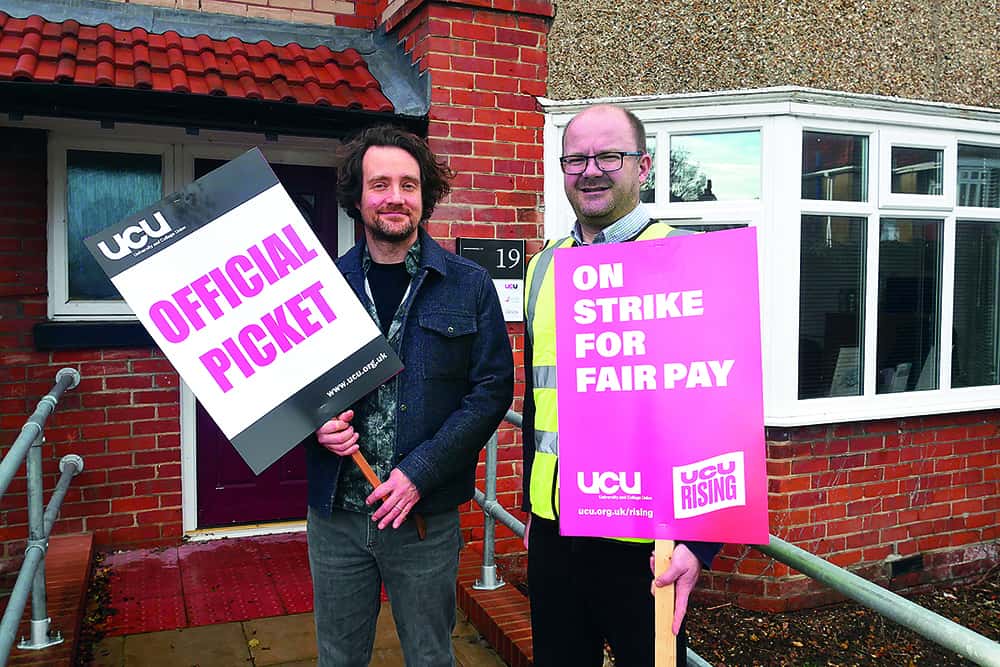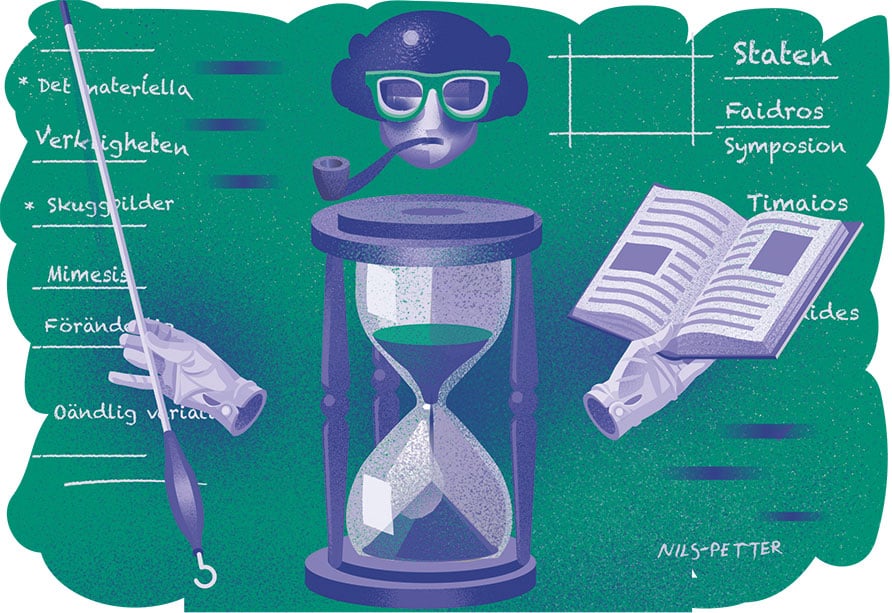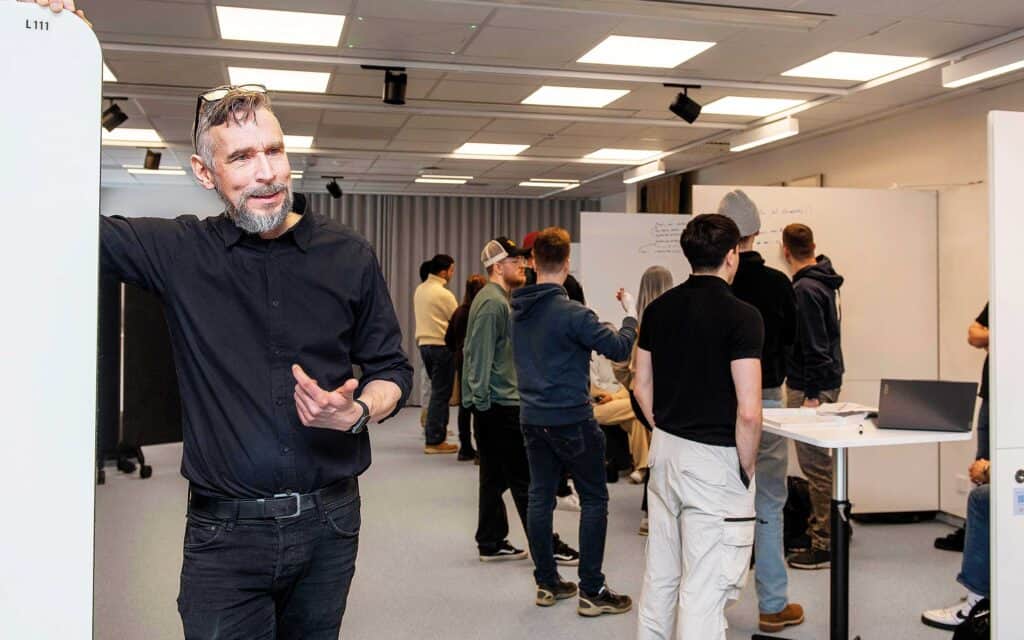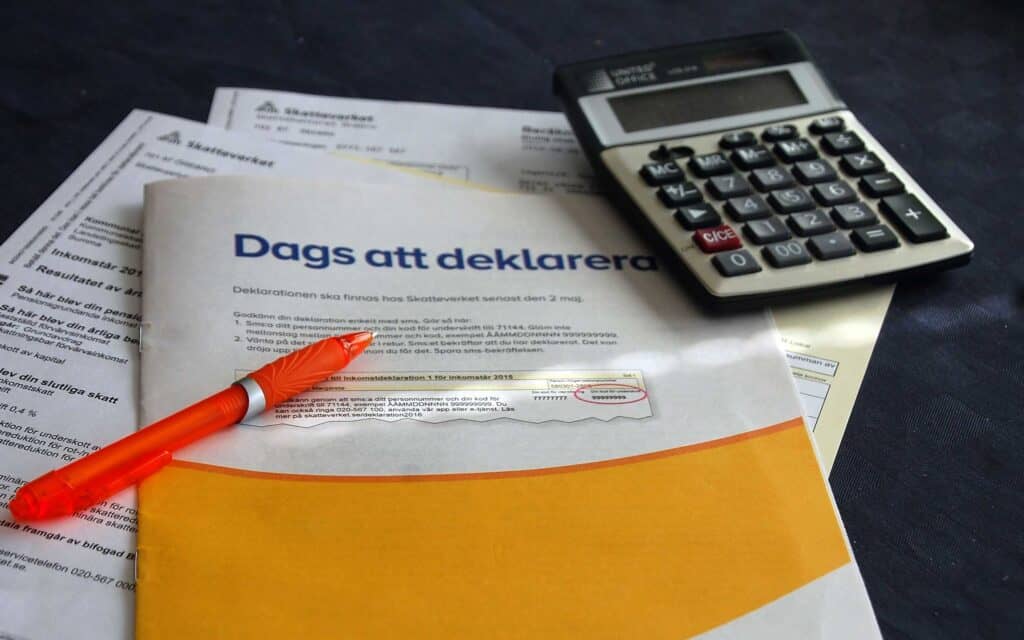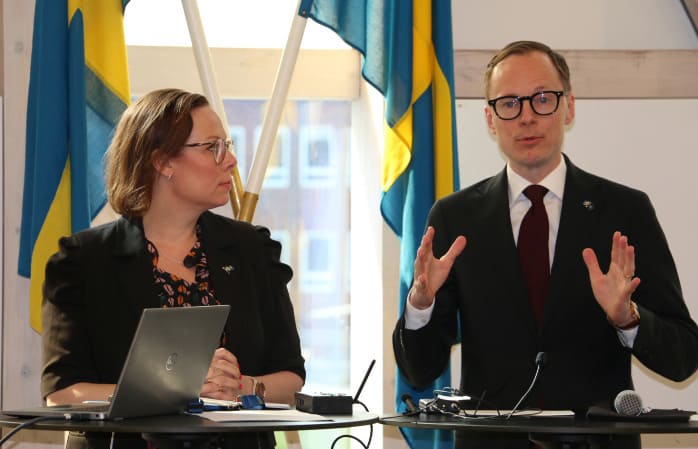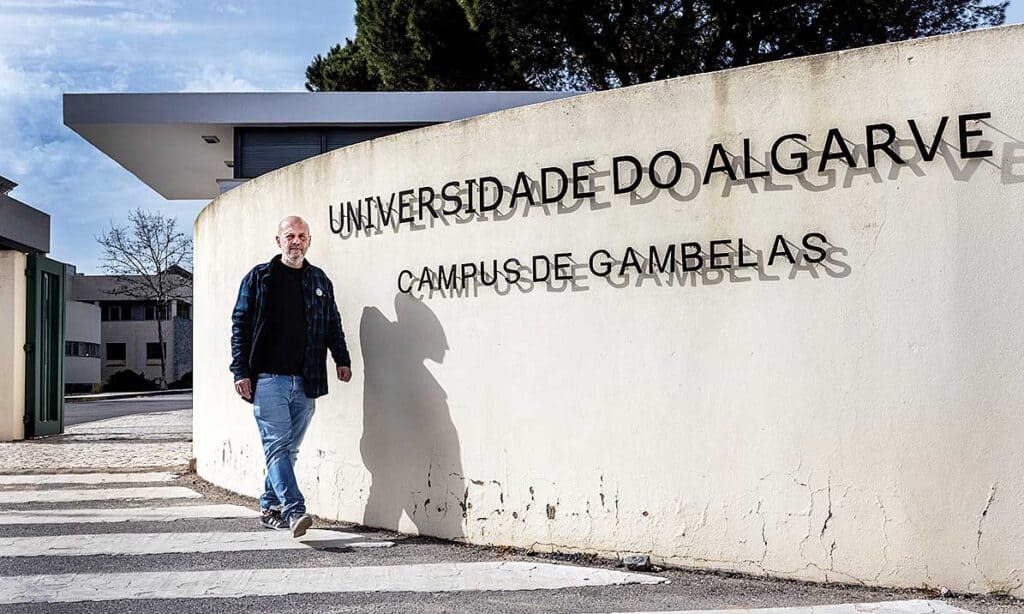“The pension agreement is an enormous win,” says David Bretherton, a senior lecturer in music at Southampton University and chair of the local branch of the University and College Union, UCU.
Universitetsläraren meets him at the local UCU office at the university, where campaign flyers and posters in the union’s pink brighten up an otherwise spartan environment.
The latest battle over pensions began in 2018, when the employers’ representatives wanted to change the pension system to which around 400 000 university employees belong.
In short, it meant that the employees would pay more and receive less in return, says Bretherton. His own future pension would have been reduced by around a third. “The people most impacted would have been the youngest, so it was really nice and important to see the senior faculty taking action to support them.”
The issue of pensions is just one of several that have led university teachers to strike in recent years. Universitetsläraren has previously reported on their demands for salary increases in line with inflation, and that fight still continues. Together with demands for more equal wages, a reduction in workload and better employment conditions, these are known as ‘The Four Fights’.
This autumn brought not only success in the pensions fight, but also signs of strike fatigue and dissatisfaction among UCU members. When the last agreed strike days for The Four Fights took place in September, UCU branches at 88 out of 140 universities opted to call off the strike at the last minute. Southampton University was one of them. “The longer it goes on, the more it costs people, and the more they question whether the strategy is effective,” says Bretherton.
In early November, a members’ vote about further strikes linked to The Four Fights was called, but not enough members participated in the ballot for the UCU to be given a mandate to strike.
David Bretherton believes that pensions was an easier issue to rally people around and win: unequivocal facts about large cuts that did not reflect the pension system’s strong financial performance. Matters regarding pay and working conditions are more complex, and the price tags attached to them are easier for the employers to question. The union’s strategy has also been called into question by members.
Louis Bayman is a senior lecturer in film studies at Southampton University and one of the UCU members who has felt the cost of the union action keenly. After losing a day’s pay for each strike day, the university then decided to deduct half of his salary during the marking and assessment boycott that took place earlier this year, even though that work does not make up 50% of his working time. This occurred in a context where the real incomes of university teachers have fallen by 30 per cent since 2009, according to the UCU.
His confidence in the university management and sense of belonging to the university have also been damaged as a result of how the complaints of researchers and teachers have been addressed. “Teaching and research is not a nine-to-five job. It requires enthusiasm and an aspect of care.”
Bayman is also critical of the UCU leadership’s decision to pause the strike action during the spring, even though the members had given a mandate for escalation. He believes the union lost momentum and got bogged down in internal disputes over strategy. “People are willing to put in more effort and sacrifice more if they know why they are doing it and what the aim is,” he says, ”but I feel like we lost a lot of that this year.”
In May 2024, the UCU will elect a new General Secretary, and that may facilitate the self-examination within the union that Louis Bayman and others now seek. “We need an honest and open discussion where we can be self-critical about what happens, what we do and why.”
